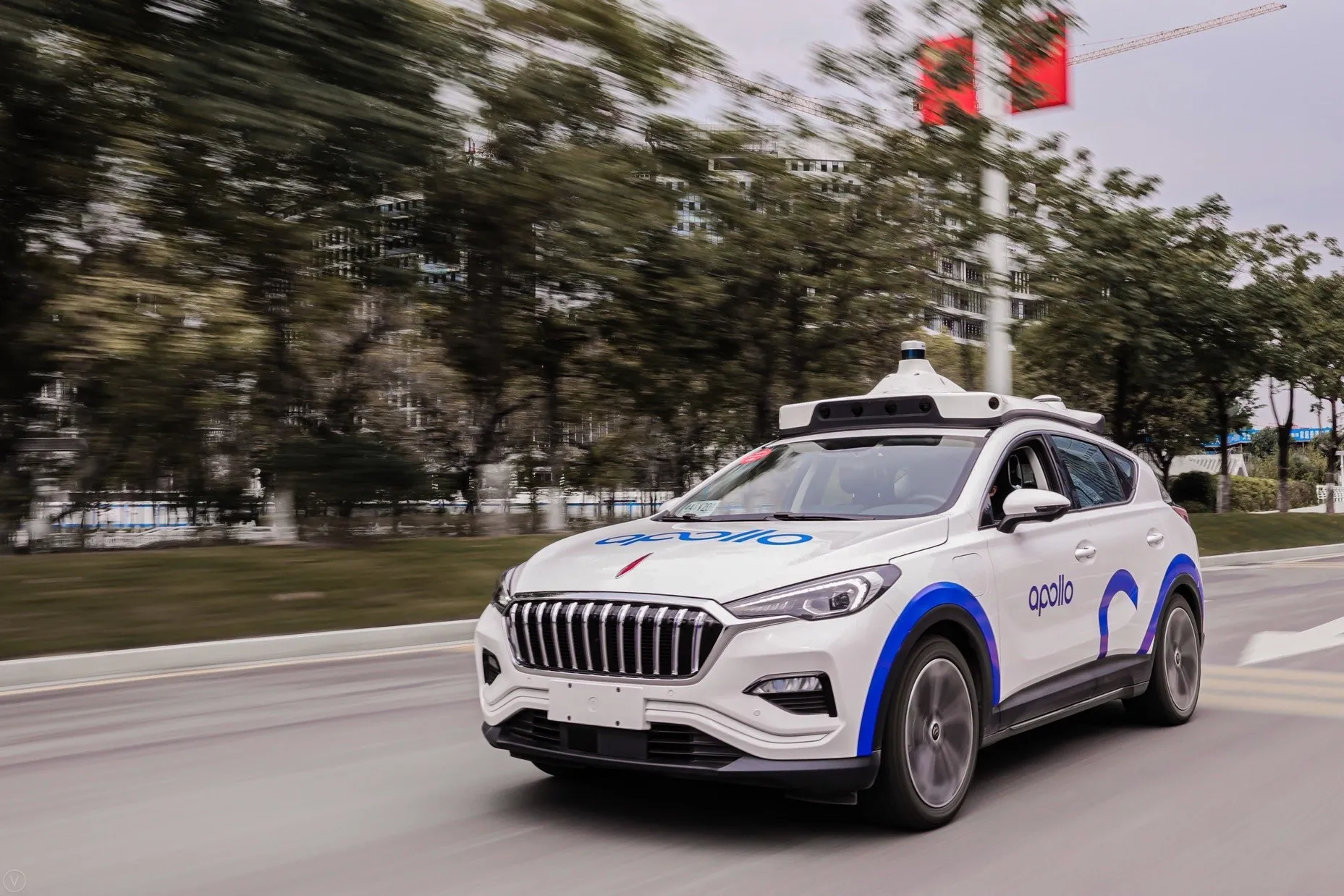Byton’s new smart intuitive vehicle, which features an all-new design and innovative human-vehicle interaction, has made its global debut at the Consumer Electronics Show 2018. It is designed with the intention of providing a shared, smart mobility and autonomous driving solution and will be available in China next year and in the U.S. and Europe in 2020.
The car is equipped with multiple display screens, with a traditional console replaced by a Shared Experience Display that enables content to be shared with other passengers inside.
Additionally, it features Air Touch sensors, allowing front and rear passengers to control the Shared Experience Display with hand gestures.
Through the Life Cloud Platform, users can connect apps, data and devices to take advantage of their travel time for work or entertainment. It also provides personalized services and configurations that are automatically adjusted to their preferences.
Intuitive Access enables secure unlocking of the door through facial recognition cameras to identify the driver or passenger.
Smart Surfaces composed of front and rear LED lights and a luminescent logo can switch to different display modes for various driving scenarios.
Test drive experiences will be available outside the Las Vegas Convention Centre starting on 8 January.
Byton debuts smart intuitive vehicle at CES 2018
Byton’s new smart intuitive vehicle, which features an all-new design and innovative human-vehicle interaction, has made its global debut at the Consumer Electronics Show 2018. It is designed with the intention of providing a shared, smart mobility and autonomous driving solution and will be available in China next year and in the U.S. and Europe in 2020. The car is equipped with multiple display screens, with a traditional console replaced by a Shared Experience Display that enables content to be shared
January 8, 2018
Read time: 2 mins
Related Content











